Phtangi Nomads
Good people. Hard people. I wish they had a better life, but such is not in my power to give.The Phtangi are one of only three groups who make their life not under the ground but on the blasted surface of Araea. Even by the standards of Araea, theirs is a hard life. They contend with beasts like the Mahu'ca and Blight in a hostile, dangerous environment. It would be a mistake to say the Phtangi thrive, but in a land that seem inimical to human life yet breed monster, they have found a way to survive.
A Long, Winding Path
Totem Burial Nothing goes to waste among the Phtangi and that include the bodies of their dead. Some are used to create effigies and totems that the nomads leave behind or carry like banners from their Striders. When kept, they are believed to bring good luck - but in part, many who are made into totems were no longer able to support the group and their death was a burden lifted. The nomads mourn and celebrate them, as best the surface allows them to.The Phtangi move along glaciers and tundras, while scouts prowl around the main group both to spot threats and opportunities. The Goa eat red algae, but it is poison to humans and so the Phtangi must hunt and gather beyond what they feed to the Goa.
Structure
The Phtangi and Others In cases where the Phtangi meet others not of their kind, they are usually suspicious but amicable. These are opportunities to trade, acquire new goods - particularly metal, of which the Phtangi have very little - and sometimes get help. While no city-state have yet been willing to adopt an entire Phtangi group and let them settle in the caves, they're been willing to help the nomads. The Phtangi rarely raid or attack other humans except in the most dire of circumstance, though individual travelers or the occasional group can and do go missing from time to time. Most, however, have only good things to say about their encounters with the nomads.In the family, the children are expected to obey and listen to their parents. Discipline can be brutal and children are expected to work from a very young age. Mortality is high from any number of sources and there are few true elders among the Phtangi.
History
We don't really know much about the Phtangi, or how they ended up this way. From what they've told me when I spoke with them, this is just the way its been for as long as anyone can remember. Even their oldest stories are tales of things that happened on the Surface, rather than down in the caves. All we can do it guess, and yours is as good as mine. The best one I've heard is that they were once part of an isolated cave-system in that region, perhaps as settlers from elsewhere. With no access to the Inner Shell or the other parts of the Outer Shell, there was only one way to go when whatever drove them out of the caves happened. Flooding? Blight? Who knows - but it must've been pretty bad if they picked the Surface over that. For their part, they're not really keen on discussing the past. Too many hardships, I suppose. They keep going and look forward instead of back. There's something to be said for that.
The Surface Between the continent-spanning dust storms filled with Blight and the voracious predators that have evolved to thrive in them, there are many dangers for the Phtangi Nomads to worry about. The Surface of Araea is a sparsely populated wasteland of frigid tundras, barren deserts and near omnipresent radiation. Read more about the Surface
The Goa Strider
There would be no Phtangi Nomads without the Goa. The great, long-legged beasts are what make their way of life possible, used for everything from carrying cargo and riders to battling predators. Taming a Goa is difficult and potentially life-ending, but without them the nomads would be lost. Read about the Goa StriderMutations Among the Phtangi
Surrounded by blight and with nowhere to go during the Season of Storms, mutations are just as common among the Phtangi as they are among the Exiled. They range from harmless but disfiguring to lethal, but have no particular spiritual or cultural meaning. While it is never asked of them, those who suffer especially crippling or debilitating mutations sometimes ask to be given the Totem Burial. They are euthanized with a bitter drink of poison and drift off, knowing that their death is the final aid they can give their families. Read more about MutationsExiled Despite sharing the Surface and all the hardships that come with it, the Exiled and the Phtangi do not usually interact much. Rarely, an Exiled will be allowed to join a tribe, but more commonly the Exiled are treated like any other stranger.
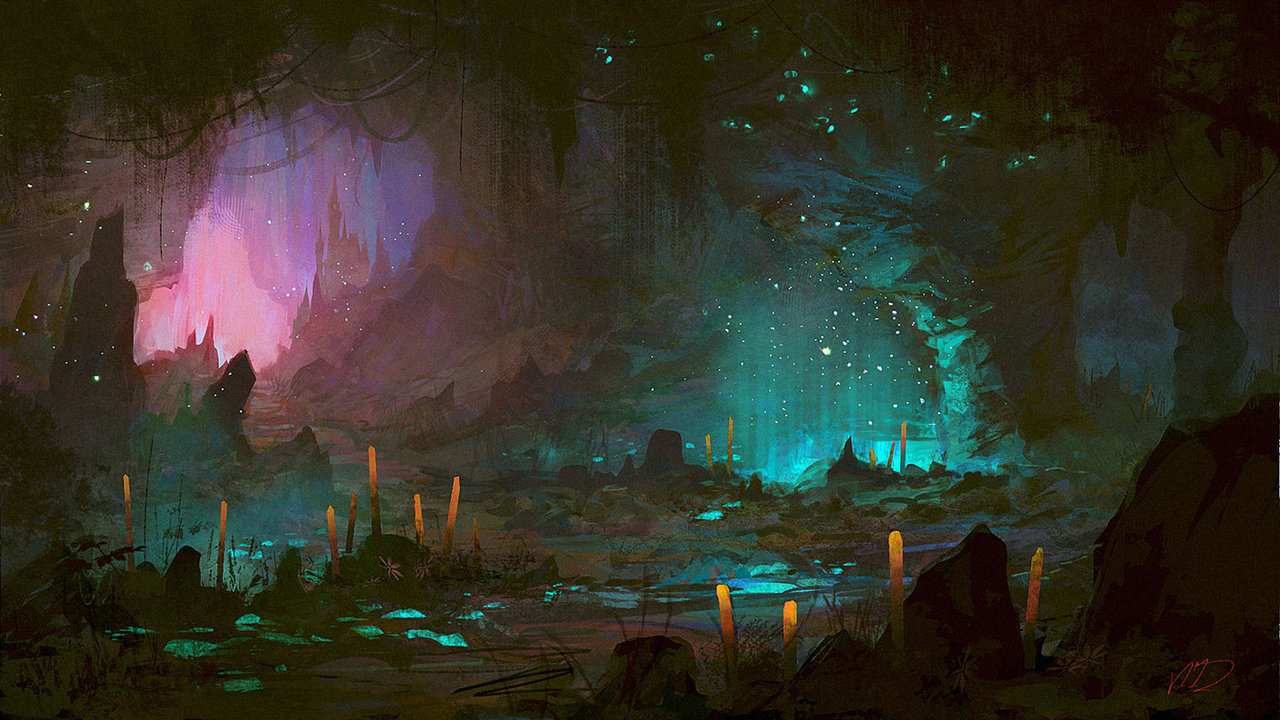
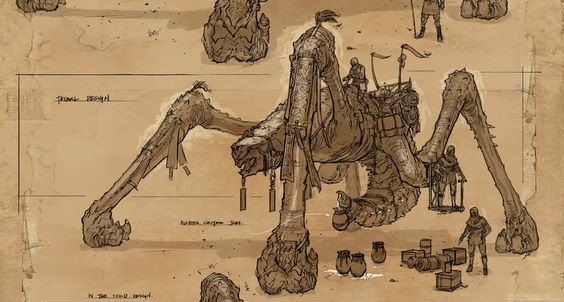
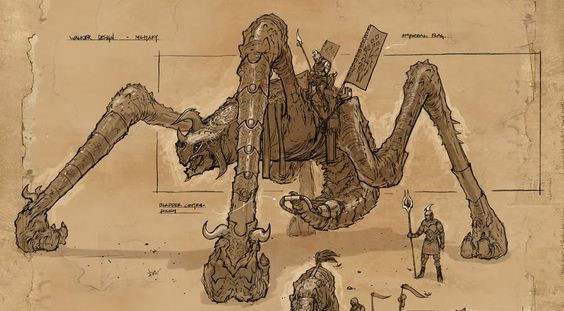
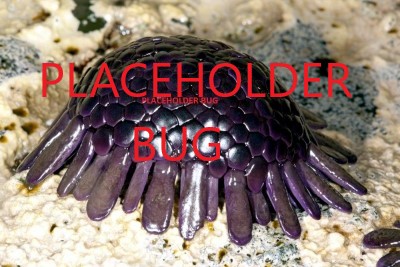
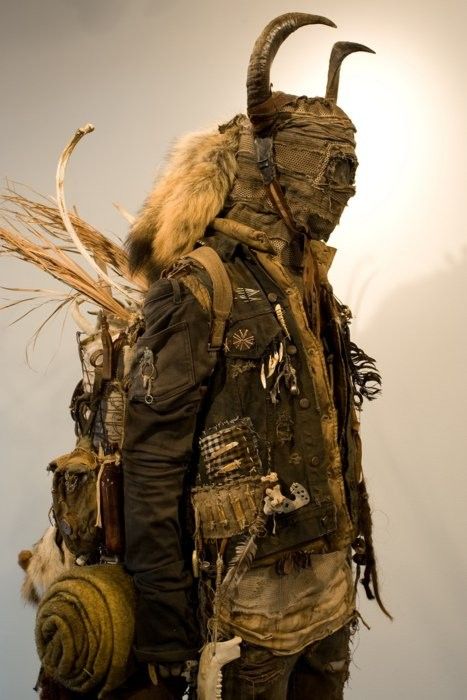


An interesting symbiosis of man and 'beast'. I wonder if one side needs the other more than they need them and what would happen to both were they to split...
Interesting idea! Ultimately, the Goa are native to the region and humans are not. They'd probably do a lot better without the nomads, than the other way around. :)
Creator of Araea, Megacorpolis, and many others.